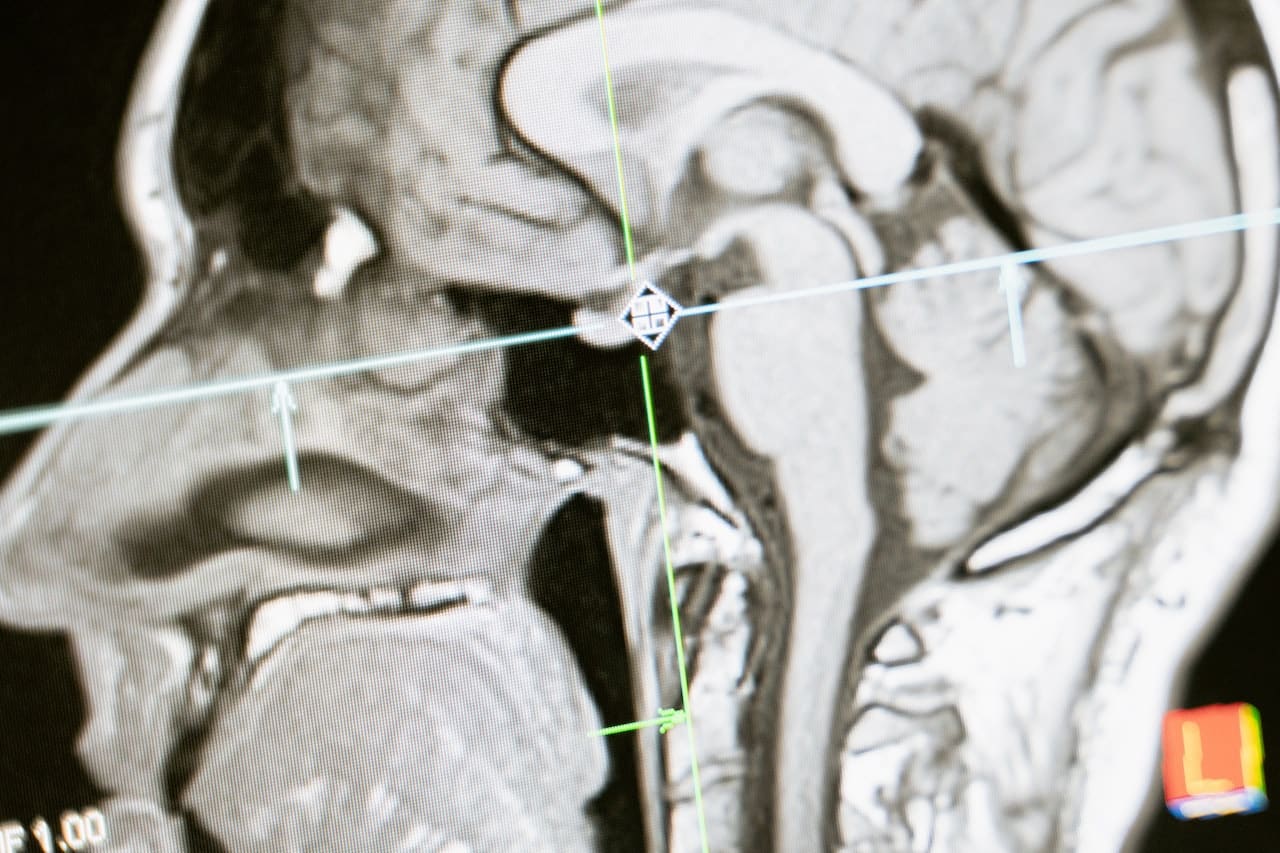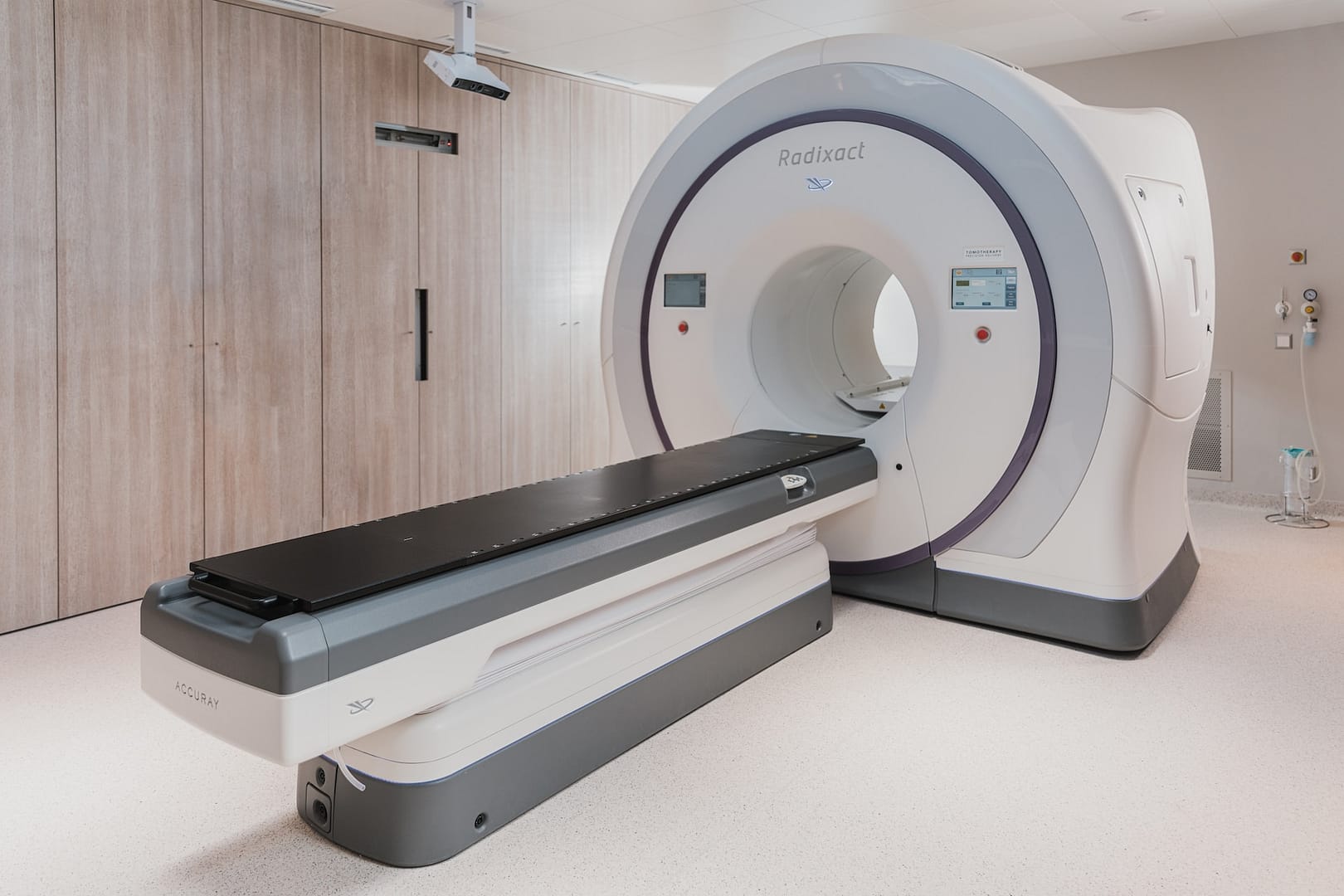Brain injuries can have a profound and lasting impact on individuals and their families. These injuries can result from various causes, including accidents, sports-related incidents, and medical conditions. However, recent advancements in the field of brain injury rehabilitation have offered hope and improved outcomes for those affected by these life-altering events. In this article, we will delve into the latest developments in brain injury rehabilitation, exploring the potential for new treatments and the possibility of improving brain function after injury. We also delve into what to do when making a serious injury claim.
The Landscape of Brain Injury Rehabilitation
Before delving into the recent advancements, it’s crucial to understand the landscape of brain injury rehabilitation. Brain injuries encompass a wide range of conditions, from concussions and mild traumatic brain injuries (mTBIs) to severe traumatic brain injuries (TBIs) and acquired brain injuries (ABIs) resulting from strokes or tumours. Each case is unique, requiring tailored treatment plans that consider the type and severity of the injury, as well as the individual’s overall health and goals.
Historically, brain injury rehabilitation focused primarily on managing symptoms, alleviating pain, and helping patients adapt to their new realities. While these efforts were valuable, they often fell short in addressing the underlying neurological damage and cognitive deficits that individuals with brain injuries faced. This led researchers and healthcare professionals to explore new avenues for treatment and recovery.
Are There Any New Treatments for Brain Injuries?
One of the most promising advancements in brain injury rehabilitation comes from cutting-edge medical technologies and therapies that were not available just a few decades ago. These innovations are changing the way we approach the treatment of brain injuries, offering hope for improved outcomes.
Neuropharmacology and Drug Therapies
Recent developments in neuropharmacology have opened up possibilities for pharmacological interventions that can aid in brain injury recovery. Researchers are investigating drugs that target neuroinflammation, oxidative stress, and excitotoxicity – all processes that can exacerbate brain damage after injury. By reducing these harmful processes, these drugs may help protect brain tissue and promote recovery.
Neurorehabilitation
Neurorehabilitation is a multidisciplinary approach to brain injury treatment that has seen significant advancements. It involves a combination of physical, occupational, speech, and cognitive therapies tailored to the specific needs of the patient. Advancements in neurorehabilitation techniques and technologies, such as virtual reality and brain-computer interfaces, are allowing patients to engage in more targeted and engaging rehabilitation exercises.
Neurostimulation
Neurostimulation techniques, such as transcranial magnetic stimulation (TMS) and transcranial direct current stimulation (tDCS), have gained attention for their potential to enhance brain plasticity and improve cognitive function after brain injury. These non-invasive techniques involve applying electromagnetic fields or electrical currents to the brain, stimulating neural activity and promoting recovery.
Stem Cell Therapies
Stem cell therapies have shown promise in regenerating damaged brain tissue and enhancing recovery in animal studies. While still in the experimental stage for human brain injury treatment, stem cell therapies hold the potential to revolutionise rehabilitation by promoting neural repair and functional recovery.
Cognitive Rehabilitation Apps
In the digital age, there has been a surge in the development of cognitive rehabilitation apps and software programs. These tools offer a convenient and accessible way for individuals with brain injuries to engage in cognitive exercises and monitor their progress. While not a replacement for traditional therapy, these apps can complement rehabilitation efforts and provide ongoing support.
While these advancements hold significant promise, it’s important to note that not all brain injuries are the same, and the effectiveness of these treatments may vary from one individual to another. Moreover, many of these therapies are still in the experimental or early clinical trial stages and may not yet be widely available.
Can Brain Function Be Improved After Injury?
Improving brain function after a traumatic brain injury or acquired brain injury is a challenging endeavour, but recent research and innovations offer reasons for optimism. Let’s explore how these advancements are contributing to the goal of enhancing brain function post-injury.
Neural Plasticity
Neural plasticity, the brain’s ability to reorganise and adapt, plays a crucial role in recovery after a brain injury. Recent studies have shown that the brain has a remarkable capacity for rewiring itself, even after significant damage. This phenomenon has led to the development of targeted therapies aimed at harnessing neuroplasticity to improve brain function.
Personalised Treatment Plans
Advancements in medical imaging, such as functional magnetic resonance imaging (fMRI) and diffusion tensor imaging (DTI), have provided researchers with a deeper understanding of the brain’s structure and function. This knowledge enables healthcare professionals to create personalised treatment plans that address specific cognitive deficits and functional impairments in patients with brain injuries.
Cognitive Training and Rehabilitation
Cognitive training programs have evolved significantly, incorporating evidence-based techniques to improve memory, attention, and executive function in individuals with brain injuries. These programs often use computer-based exercises and real-life simulations to help patients regain lost skills and adapt to cognitive challenges.
Assistive Technologies
The development of assistive technologies has made a substantial impact on the lives of individuals with brain injuries. Devices such as communication aids, mobility devices, and adaptive software applications empower individuals to regain independence and participate in daily activities.
Supportive Care
The importance of a strong support network cannot be overstated in brain injury rehabilitation. Recent advancements in caregiver education and support services have improved the quality of care provided to individuals with brain injuries. Caregivers play a vital role in the recovery process, and their well-being is equally important.
While these advancements offer hope for improved brain function after injury, it’s essential to manage expectations. Recovery from a brain injury is often a lengthy and challenging journey, and the extent of improvement varies from person to person. Patience, persistence, and a comprehensive treatment plan are key elements in achieving the best possible outcomes.
Making a Serious Injury Claim with National Claims
At National Claims, we understand the challenges individuals and their families face when dealing with the aftermath of serious brain injuries. Our mission is to provide comprehensive support and guidance throughout the claims process, ensuring that you receive the compensation and assistance you deserve. In this section, we will walk you through the steps of making a serious injury claim with National Claims, highlighting our commitment to your well-being.
Initial Consultation
The first and most crucial step in the process is reaching out to us for an initial consultation. We understand that every brain injury case is unique, and our panel of experienced solicitors is here to listen to your story and assess the circumstances surrounding your injury. During this consultation, we will gather essential information to determine the viability of your claim.
Investigation and Assessment
Once we’ve established the basis for your claim, our dedicated team of claims specialists will conduct a thorough investigation. We will work diligently to gather evidence, including medical records, witness statements, and expert opinions, to build a strong case on your behalf. This phase is critical in ensuring that your claim is well-supported and has the best chance of success.

Conclusion
At National Claims, our commitment to clients extends beyond the legal aspects of their cases. We understand the emotional and physical toll that serious brain injuries can take on individuals and their loved ones. Our goal is to not only secure the compensation you deserve but also to provide you with the resources and support necessary for your recovery.
The advancements in brain injury rehabilitation discussed in this article offer hope for improved outcomes, and we are dedicated to helping you access these cutting-edge treatments when appropriate. Our team will work tirelessly to ensure that your claim is handled with care and professionalism, allowing you to focus on your recovery journey.
While no amount of compensation can fully erase the challenges of a brain injury, it can provide the financial security and peace of mind needed to move forward. If you or a loved one has experienced a serious brain injury, don’t hesitate to reach out to National Claims. We are here to advocate for you, every step of the way, on the path to recovery and justice.
Contact us to get a start on your claim and speak with one of our knowledgeable claims specialists today.
Click below to see why we are one of the most trusted claims management companies in the UK.

We’re proud of our excellent customer reviews
We thrive on delivering exceptional service and ensuring our clients’ satisfaction. Don’t just take our word for it. Check out some of our independent reviews to see what our clients have to say.
Excellent

This firm is excellent, they sorted out my car pay out and injury claim very fast, they always communicate with you all the time.

My accident case was dealt with confidence and with great result of the outcome, especially James kept me informed all the time.

I was very impressed at the way my inquiry was treated. I was listened to attentively and everything I needed to know was explained to me.






